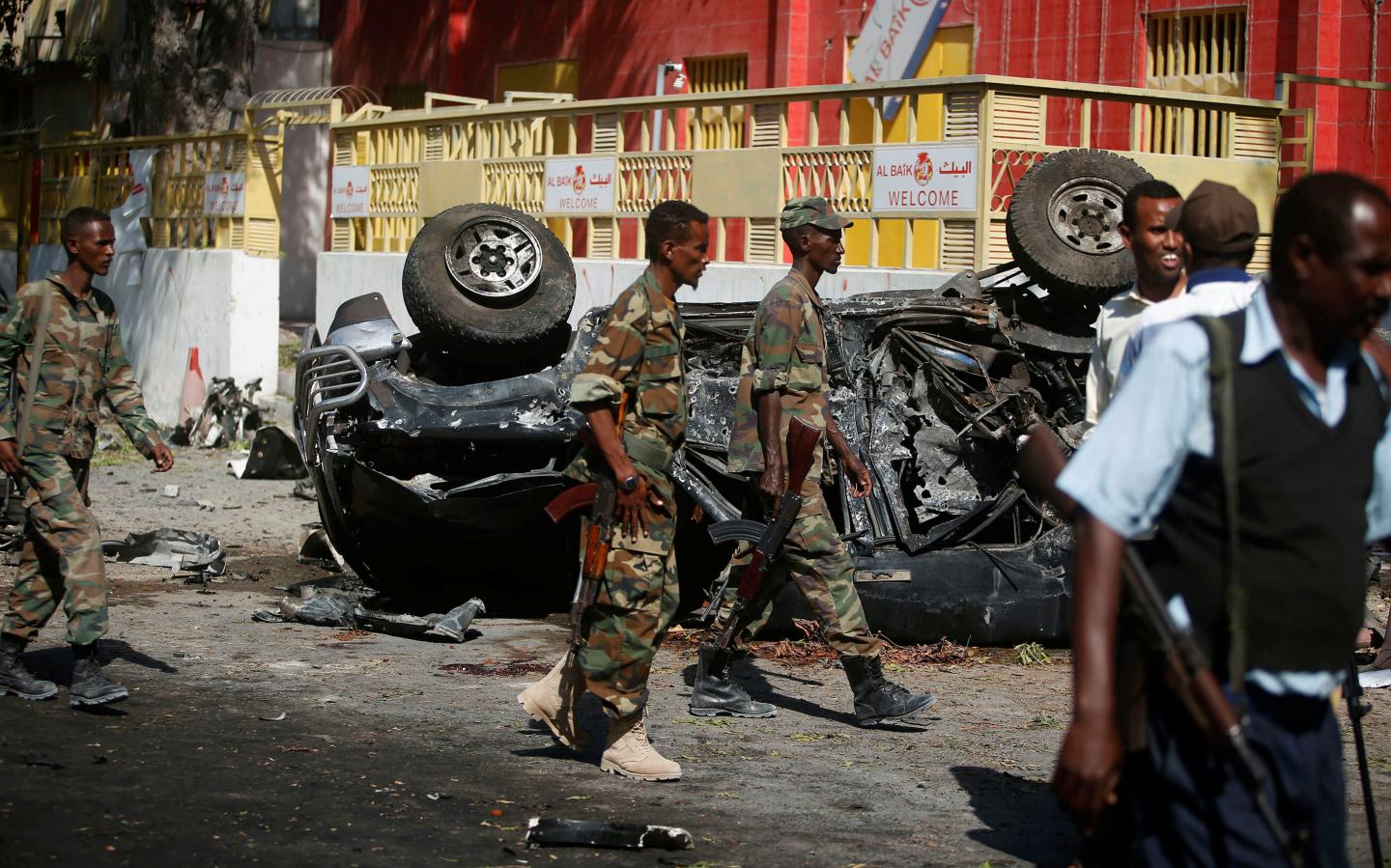Revised military rules on Somalia guard against collateral damage -AFRICOM


We are authorized to develop our own target and take appropriate action if required but we are under very strict conditions to ensure civilians are not harmed in any combat, the US African Command chief General Thomas Waldhauser has said.
Speaking during a teleconference with African defense chiefs Friday, Gen Waldhauser said the revised terms which the Trump administration said would give the forces leeway to make “additional precision fires’ remained guided by need to avoid any collateral damage.
“We are also authorized to develop targets on our own and take appropriate action if required. Now, one of the things that I want to truly emphasize is the fact that the levels of certainty needed to strike, remain very, very significant,” said Gen Waldhauser.
The AFRICOM head noted the forces must stick to ‘the requirements for near-certainty and reasonable certainty to make sure that there are no civilians, no women and children and so forth that get struck on the battlefield’, adding, “We go to great lengths to ensure that that does not happen.”
President Donald Trump in March declared parts of Somalia a war-zone, giving the US military command in Africa greater leeway to launch strikes in support of the African Union Mission in Somalia and Somali security forces operations.
AFRICOM announced nine “self-defense strikes” and “defensive fires” missions in Somalia in 2016. In response to media reports last week US forces had killed at least 100 Al-Shabaab militants in southern Somalia, AFRICOM said it had only conducted one strike this year-in January.
Gen Waldhauser said the ongoing drought in the country has caused mass movements of drought victims and humanitarian agencies in various parts of the country making it of extreme necessity to ensure these groups are not targeted during strikes.
There has been fear that relaxed rules could lead to further collateral damage given Al-Shabaab’s tactics of melting into communities during operations and the movements occasioned by the drought, an issue buttressed by Amisom commander Lieutenant General Osman Noor Soubagleh.
“Whenever you fight, they (Al-Shabaab) melt with the population and they have no confront with the AMISOM. And we at the AMISOM, we are human. We look after the humanitarian and the human rights of the indigenous. We can’t punish all the people to tell us.”